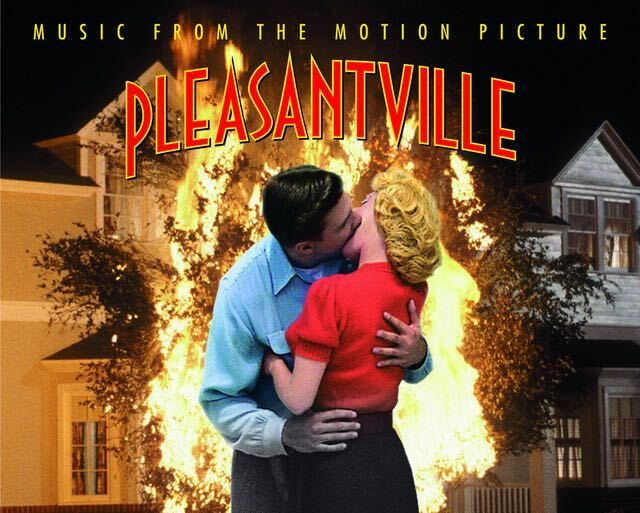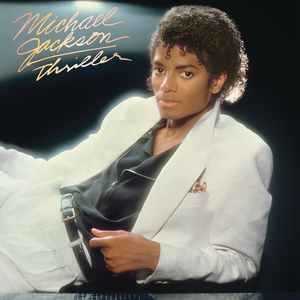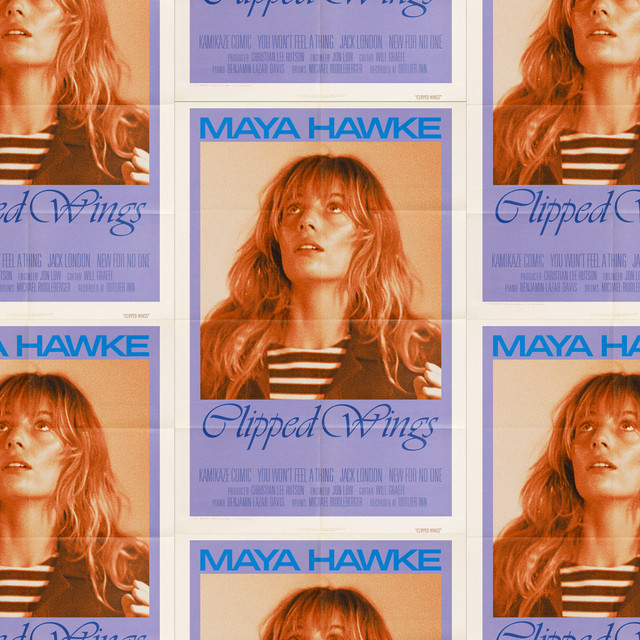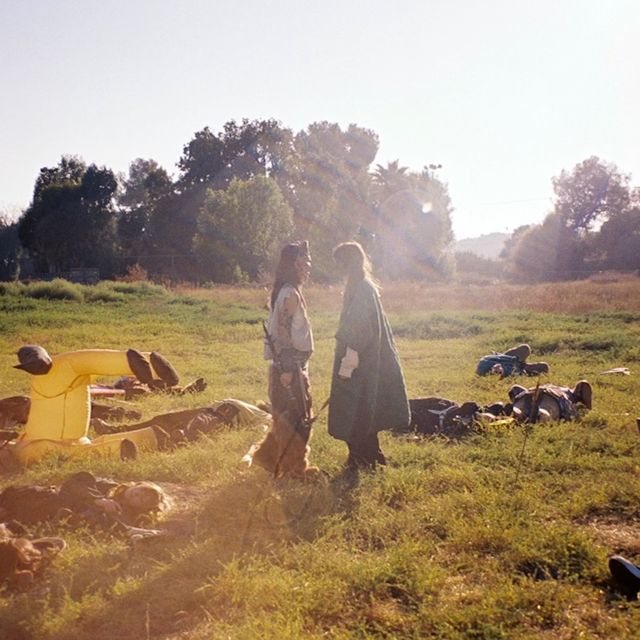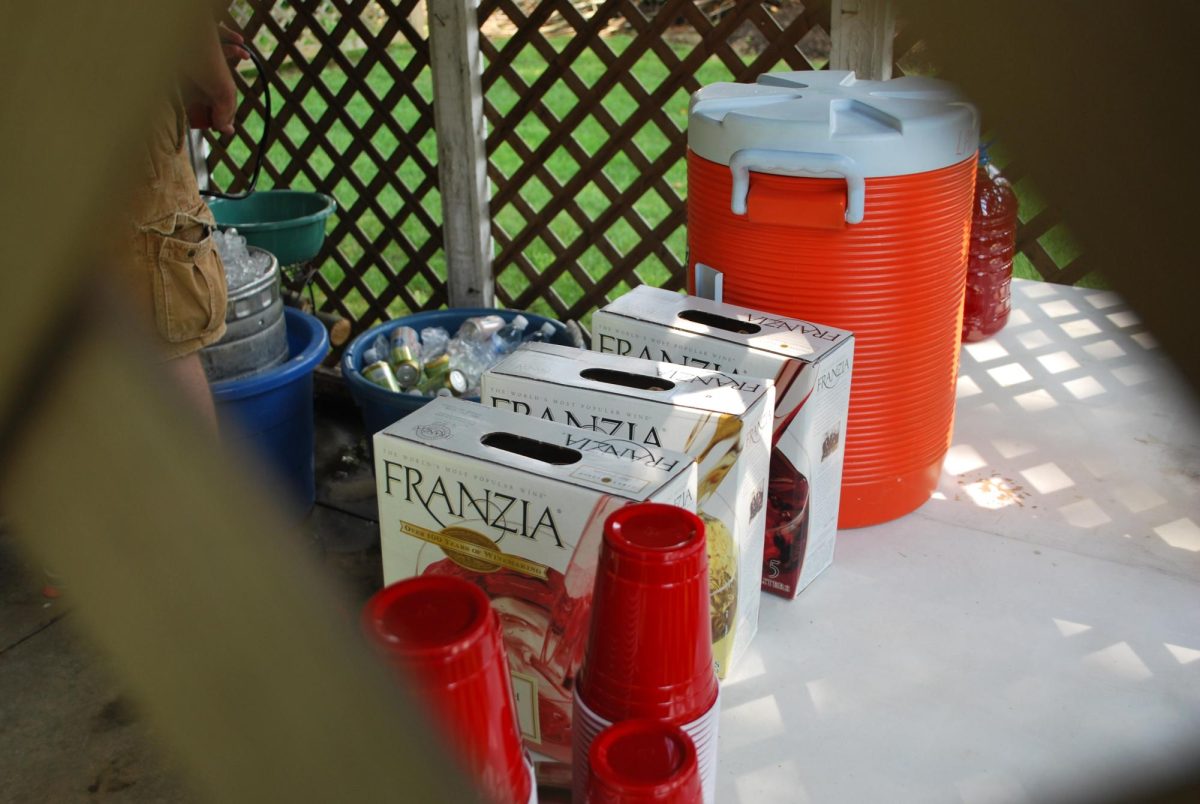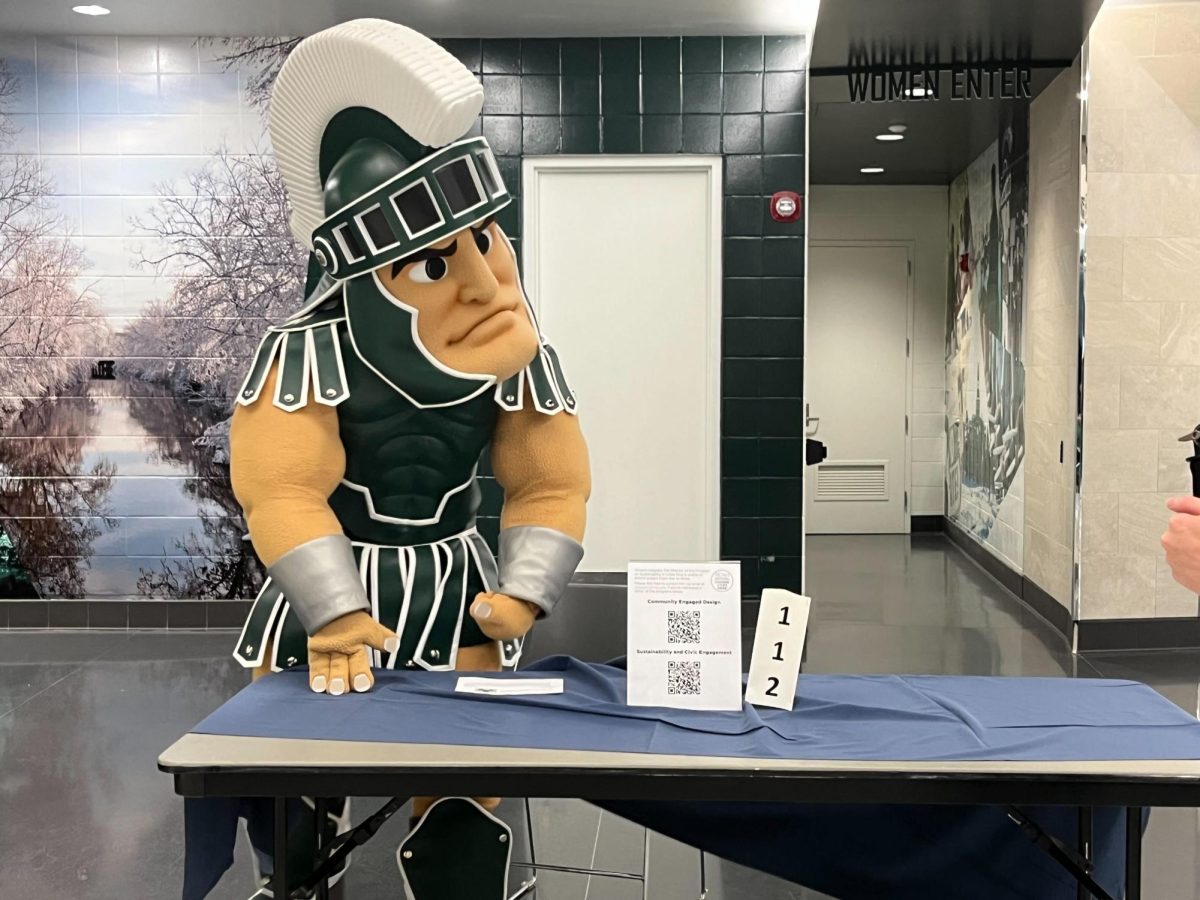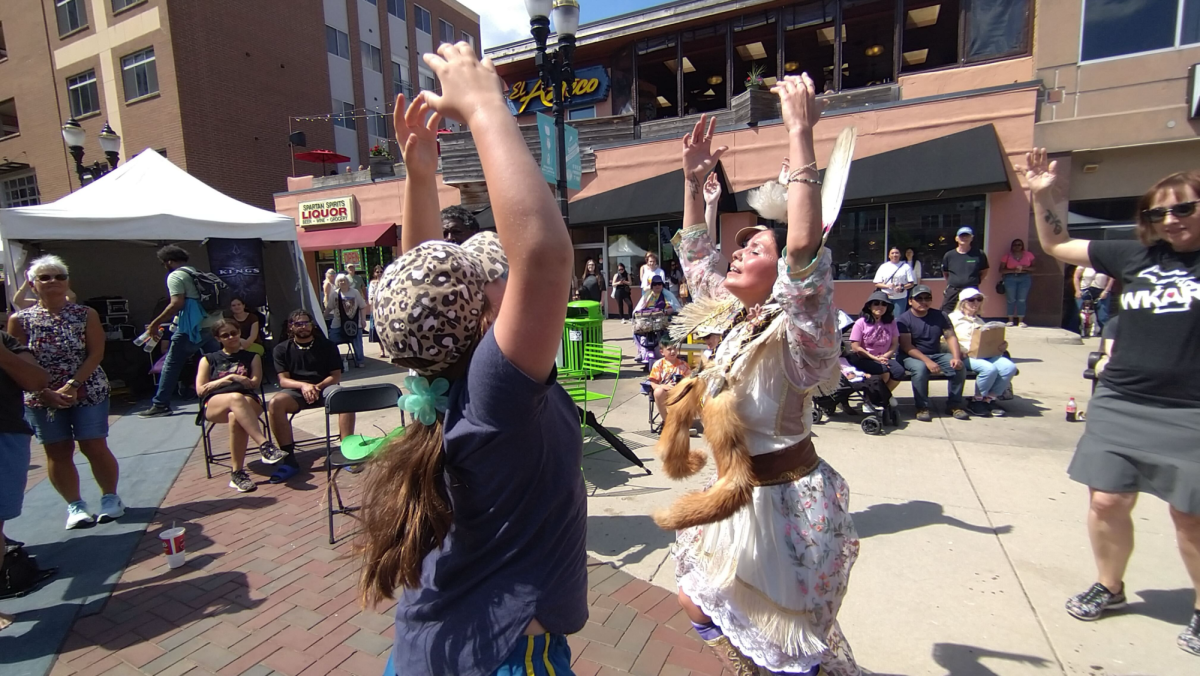A Song Sung by the Sun | “Across The Universe” by Fiona Apple
April 27, 2023
Whenever the sun manages to chase away the clouds and emerge from the gloom, I get the impulsive urge to beam. The rays lift my arms and legs like the strings of a puppet, and I skip and smile like nothing has ever hurt me. I’m a kid again, every color looks saturated, my music is turned up to full blast and I joyfully swing my arms, a little bound with every step. Michigan is dreary and dull for what seems like 80% of the year, and I live every gloomy day in anticipation for the next sunny one. I find that my music reflects this, most of my playlists longing and stupidly disheartening. But every once in a while I indulge myself in a gem like “Across the Universe” by Fiona Apple, like sweet strawberry sorbet dribbling down my chin to pair with my magnificently sunny days.
The song, originally written by John Lennon and performed by the Beatles for their final album, Let It Be, was covered by Fiona Apple in 1998 for the Pleasantville movie soundtrack. As a highly biased and unapologetic Fiona Apple devotee, I wholeheartedly believe that her version is better than the original. John Lennon himself said the song was not done justice; he was out of tune, and it was recorded hurriedly amidst the tensions within the band. It’s such a beautiful thing to take something that was unfinished and give it new light, and that’s exactly what Fiona Apple did nearly 30 years later.
The song starts with a jaunty guitar, which brings to memory warm days at summer camp, circled around a campfire while some counselor strums their guitar amidst the chatter of children. The tune and beat of the drum have this way about them, like if I played the song loud enough with the speakers tilted towards the heavens, that the clouds would part just so the sun could hear it. This song simultaneously depicts everything I am and the opposite of me. The lyrics describe these intense waves of feeling which I know all too well:
“Pools of sorrow, waves of joy are drifting through my opened mind /
Possessing and caressing me.”
I get this feeling a lot of the time that my emotions are too big for my mind to hold. They linger in my brain like abandoned pools, and when the pools overflow, they tumble out like the all-consuming waves of a tsunami. But Fiona is like a friend, clasping my hands within hers, letting me rest my head on her shoulder and reminding me that:
“Nothing’s gonna change my world /
Jai guru deva.”
I remember listening to this song for the first time, and hearing that line, “Jai guru deva om.” I called my mom, and she reflected on her childhood, reminiscing on the times when the saying was repeated by her teachers and parents. It was used as a greeting, farewell, mantra and blessing. The literal translation from Sanskrit is “Glory to the shining remover of darkness.” There is lore surrounding the original lyric in the Beatles song, but within the context of the song I think it takes on a much purer meaning. The mantra repeats in reassurance that the world is big, and nothing really matters. But at the same time, every little thing has meaning and we should be hopeful and eternally grateful to everything that has made us who we are.
The song “Across the Universe” at its very core, is a song about the human experience. Each one of our little bodies are tasked with the eternal dilemmas that are our emotions, mortality and the concept of the ever-expanding universe we call home. It’s a terrifying concept at first, that nothing matters in the grand scheme of things, but our individual lives aren’t “grand schemes.” The years that each of us frolic on this earth, we are the center of our own universe. Our circles of friends and family orbit around us with love, and everything we do holds its own personal meaning. The universe is large but we still matter within it. The sun still shows her love 93.493 million miles away from me, by turning my shoulders pink in the summertime.


